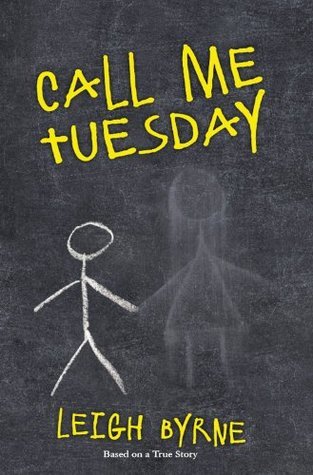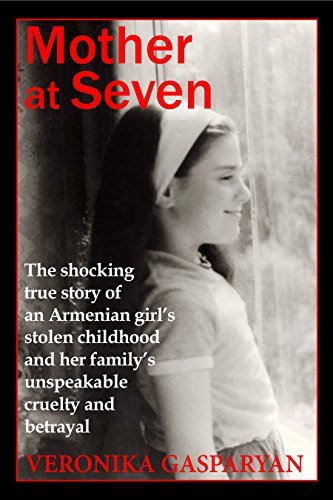
Empty Chairs
Book Description
Five empty chairs tell a story of loss, betrayal, and redemption in a small town where secrets entwine like ivy. Each chair belongs to someone who vanished, leaving behind shattered lives and haunting questions. As the community grapples with its past, hidden alliances rise to the surface, igniting a fierce battle for truth and justice. Tensions escalate, friendships fracture, and loyalties are tested as one determined woman seeks to uncover the mystery that binds them all. Will piecing together the puzzle of the empty chairs lead to healing, or unleash a reckoning that changes everything? Who will dare to confront the darkness?
Quick Book Summary
"Empty Chairs" by Stacey Danson is a gripping memoir that delves into the heartache, trauma, and resilience experienced in the aftermath of abuse and loss. Centered on a small town grappling with the mysterious disappearance of five community members—each symbolized by an empty chair—the narrative explores themes of betrayal, collective denial, and the pursuit of justice. Through the perspective of a determined woman, the story unravels the dark secrets, tangled relationships, and emotional scars left behind. Danson takes readers on a powerful journey through the cycles of secrecy and silence that often shield abuse, ultimately highlighting the courage it takes to confront the past, seek redemption, and foster hope for healing within a fractured community.
Summary of Key Ideas
Table of Contents
The Long Shadow of Trauma and Loss
In the wake of five sudden disappearances, a small town in "Empty Chairs" becomes a microcosm of unresolved trauma. Each empty chair left behind signifies more than just the absence of a person—it embodies heartbreak, unanswered questions, and the wounds shared by a tight-knit community. The narrative immerses readers in the pain of those left behind, revealing how individual tragedies reverberate collectively. Danson uses these symbols to draw attention to the lasting emotional and psychological impacts of abuse, neglect, and loss.
The Silence of Secrets and Denial
Unspoken secrets root themselves deeply within the fabric of the town. The reluctance to talk about the vanished individuals creates a suffocating silence, normalized by years of denial and fear. Through personal testimonies and the protagonist’s relentless probing, readers witness how families and friends cling to denial as a form of self-preservation. Danson candidly explores the culture of complicity and repression that enables abuse to flourish unchecked, questioning the morality of collective silence, and examining the high cost of averting one’s eyes from truth.
The Ripple Effects of Betrayal
Betrayal seeps through each relationship, highlighting the fragility of trust in a traumatized community. As alliances are tested and friendships unravel, Danson peels back layers of deception and fractured loyalty. The memoir exposes the complex ways betrayal can magnify suffering—not just by perpetrators, but by those who fail to protect or believe the vulnerable. Danson emphasizes that the pain inflicted by loved ones and complacent bystanders cuts deepest, forcing tough reckonings among the survivors.
The Search for Truth and Justice
The protagonist’s determined search for answers drives much of the memoir’s tension. Piece by piece, she uncovers a web of interconnected secrets and evasions, her pursuit met with both resistance and unexpected support. As the investigation stirs old wounds, the community must confront uncomfortable truths about its own history. Danson illustrates the psychological toll of seeking justice in an environment reluctant to change, and the personal risks involved in challenging entrenched systems of silence and complicity.
Paths to Healing and Redemption
Ultimately, "Empty Chairs" is about more than unveiling dark secrets—it is an exploration of the path to healing and redemption. Danson captures the gradual, often painful process of repairing fractured identities and rebuilding trust. Moments of defiance, solidarity, and forgiveness slowly break through the town’s hardened facade. By the memoir’s end, the act of confronting the past—however perilous—emerges as crucial to personal and communal recovery, offering hope that even in the aftermath of profound loss and betrayal, healing is possible.
Download This Summary
Get a free PDF of this summary instantly — no email required.





